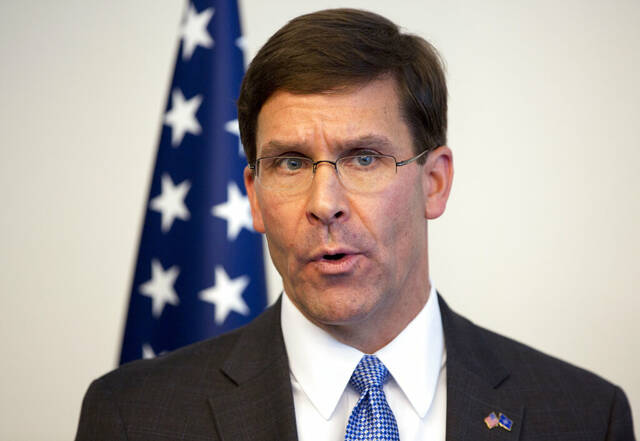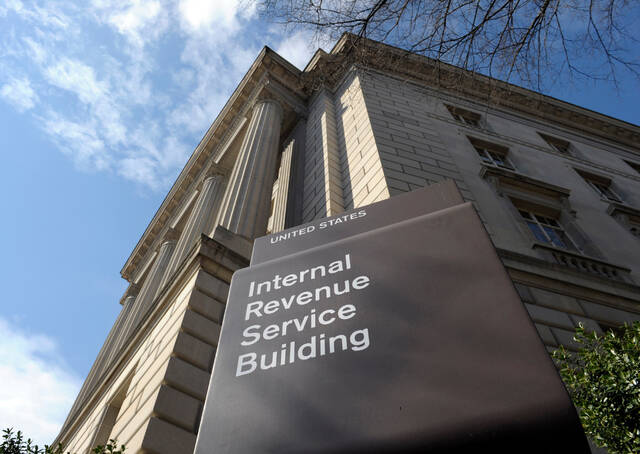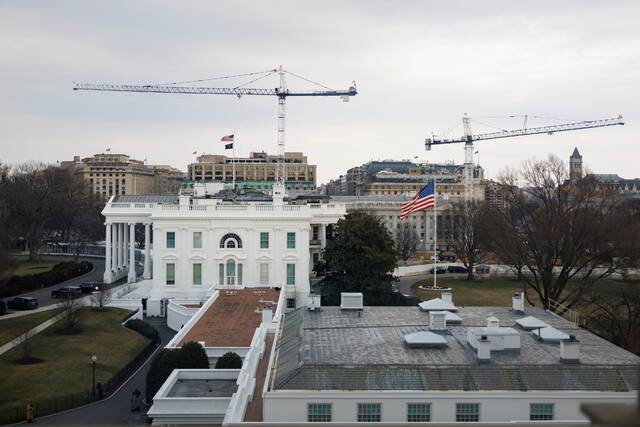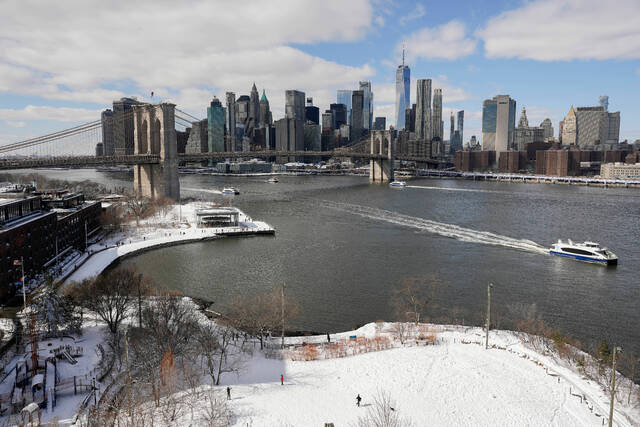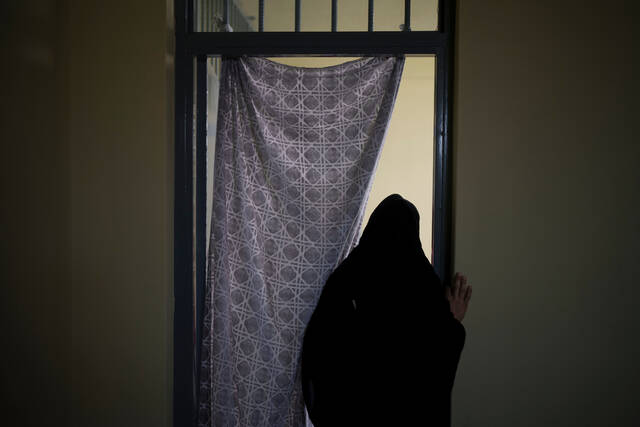Former Defense Secretary Mark Esper said he prevented “dangerous things” from happening during the time President Donald Trump was in office, including military intervention in Venezuela and a blockade of Cuba.
“At various times, certainly during the last year of the administration folks in the White House were proposing to take military action against Venezuela, to strike Iran,” Esper, a Uniontown native, said in an interview on CBS’ “60 Minutes” on Sunday about his forthcoming memoir, “A Sacred Oath.”
At some point, he said, “somebody proposed we blockade Cuba.”
In order to deal with what Mark Esper calls “crazy” ideas from the Trump White House, Esper says he came up with the “Four No’s & discussed it with CJCS General Mark Milley…the four things we had to prevent from happening between then and the election.” https://t.co/dJ4SjghCkX pic.twitter.com/Vc4ffzhlbT
— 60 Minutes (@60Minutes) May 8, 2022
He did not provide more details about who proposed such ideas, but he said such suggestions “would come up every few weeks, and we had to swat them down.”
Asked to clarify who else helped in defusing such proposals, he said he had “good support” from Gen. Mark Milley, the chairman of the Joint Chiefs of Staff.
“It is important to tell the story of things we prevented, really bad things, dangerous things that could have taken the country in a dark direction,” Esper said.
In his book, which will be released Wednesday, the former secretary of defense makes several controversial allegations, including that Trump asked about “shooting missiles into Mexico to go after the cartels,” he recounted in the CBS interview.
Talks of military action against Venezuela in Trump’s White House have been reported before, including in the book “The Room Where It Happened” by former national security adviser John Bolton. Bolton wrote that Trump thought it would be “cool” to invade Venezuela.
In 2019, the Trump administration supported a bid by the head of Venezuela’s National Assembly, Juan Guaidó, to force strongman Nicolas Maduro to leave the country. Maduro had secured his reelection a year earlier in a process seen as rigged. The administration recognized Guaidó as the nation’s legitimate leader and imposed sanctions as part of a so-called “maximum pressure” campaign. The crackdown included sanctions against Cuba for its role in supporting Maduro.
On April 30, Trump threatened Cuba with “a full and complete embargo, together with highest-level sanctions,” if the Cuban government did not “immediately CEASE military and other operations for the purpose of causing death and destruction to the Constitution of Venezuela.”
Following Trump’s comments, Florida Sen. Rick Scott proposed a naval blockade to prevent ships from Venezuela from taking oil to Cuba.
In his book, Bolton wrote that Trump also repeatedly asked the Defense Department for options to stop such shipments, including interdiction.
“Although military force inside Venezuela was a nonstarter, using force to slice Cuba’s oil lifeline could have been dramatic,” Bolton said. “The Pentagon did nothing.”
Esper, who was in charge of the Pentagon until November 2020, had different plans.
He and Milley worked to prevent “unnecessary wars” and “misuse of the military” before the 2020 presidential elections, he told CBS correspondent Norah O’Donnell.
Ultimately, efforts to unseat Maduro failed, although the U.S. and other countries around the world still recognize Guaidó as the interim president of Venezuela.


